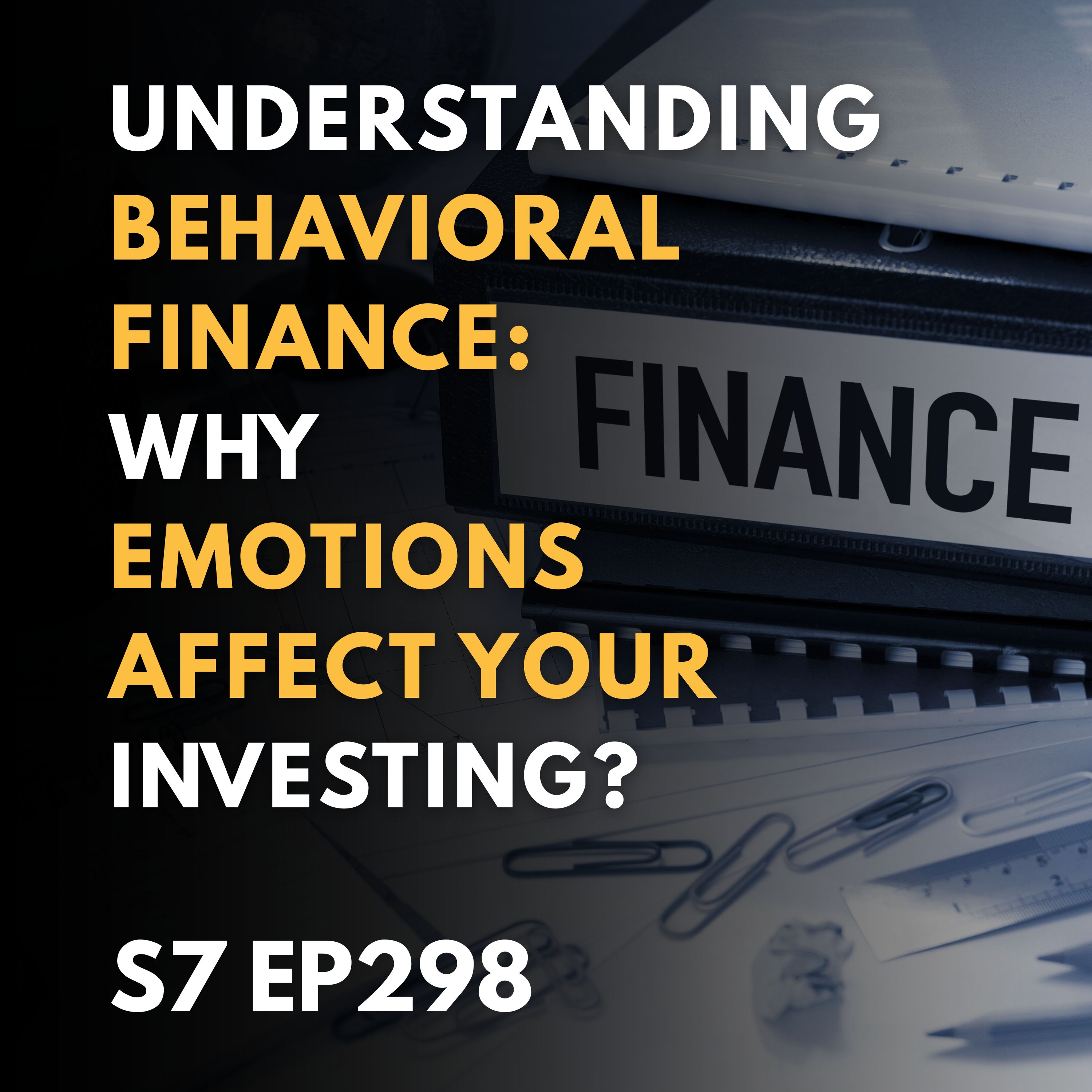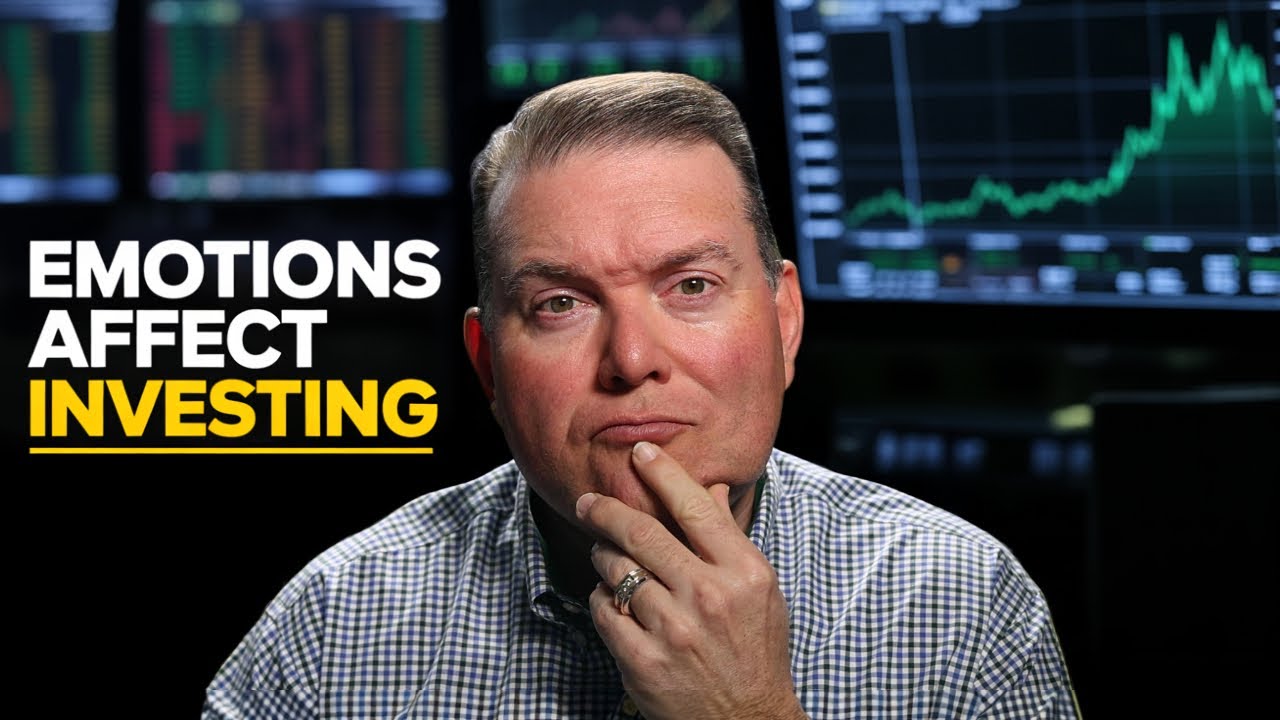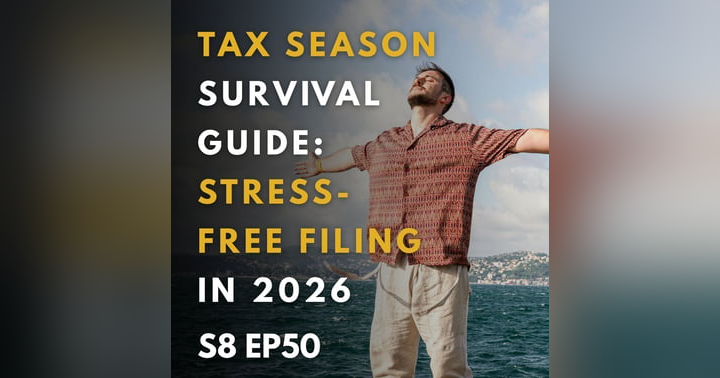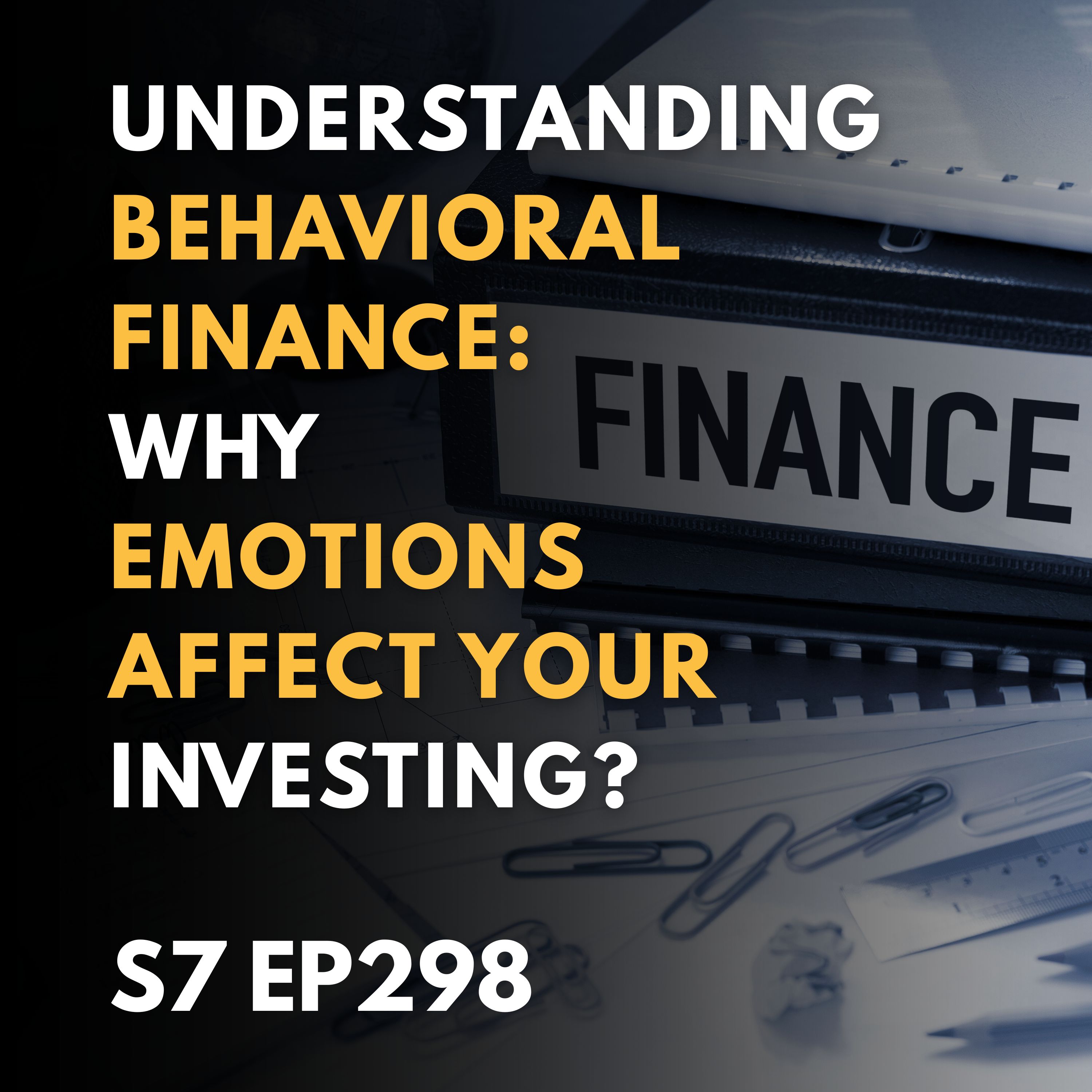Understanding Behavioral Finance: Why Emotions Affect Your Investing

What if I told you that the biggest threat to your financial success is not the stock market, but your own emotions? It's a compelling thought, and one we should all ponder as we navigate the complexities of investing. In today's discussion, we're going to explore the impact fear and greed have on our investment choices and how we can overcome these emotional pitfalls. Understanding Behavioral Finance: Why Emotions Affect Your Investing
The Influence of Fear and Anxiety
Statistics suggest that about 78% of Americans feel uncomfortable with investing, and four out of five experience anxiety concerning their financial situations. Moreover, 43% of US adults say money negatively affects their mental health. These figures highlight a critical issue: financial anxiety is prevalent and can lead to poor decision-making.
One listener shared a poignant question with me, asking why fear and greed have such a strong influence on their investing decisions. It's a powerful question because these emotions often drive our worst financial decisions.
Real-Life Examples of Emotional Decision-Making
Allow me to illustrate this with the stories of two clients. During the 2008 financial crisis, one of my clients, whom I call “the Panic Seller,” decided to exit the market entirely, driven by his fear of further losses. However, his decision locked in those losses and he missed out on the subsequent market rebound.
In contrast, “the Late Buyer” stayed out of the market during the downturn but rushed to buy at record highs out of a fear of missing out (a classic "herd mentality" move). His actions led to significant losses when the markets corrected again. These stories underline the detrimental impact of fear and greed on investment decisions.
Breaking the Cycle of Emotional Investing
So, how can we break free from these emotional traps? The answer lies in awareness and discipline. To prevent fear and greed from derailing our investment plans, we need to cultivate these traits. I also believe incorporating a spiritual element can enhance our financial decision-making.
The Role of Spirituality in Investing
The Bible offers wisdom on handling these emotions. In 2 Timothy 1:7, it's written, "For the spirit God gave us does not make us timid, but gives us power, love, and self-discipline." Embracing this can provide the strength and discipline necessary to rise above fear and greed.
Similarly, Proverbs 14:16 counsels, "The wise fear the Lord and shun evil, but a fool is hotheaded and yet feels secure." Rather than following the crowd and making impulsive decisions, we should strive to be wise and avoid the pitfalls of emotional investing.
Action Steps for Financial Peace
Here's a practical step for you: Write down one emotional money mistake you've made and pray for the wisdom to avoid repeating it. Emotions like fear, greed, and herd mentality can be significant challenges in investing, but with awareness, discipline, and spiritual guidance, we can make wiser financial choices.
Conclusion
In conclusion, while fear, greed, and herd mentality can significantly affect investing, we are equipped with the tools to counteract these influences. With God's spirit, we can invest with peace and discipline, leading us towards financial confidence and stability.
Next Steps and Invitation
Join us tomorrow as we discuss how investing can be tied to generosity and giving. Also, please share this blog with someone who might be struggling with emotional investment decisions.
If you’ve benefited from this post, consider leaving a review or sharing your thoughts on how it's impacted you. Remember, with awareness, discipline, and the spirit of God, you can overcome financial anxiety and become a financially confident individual. Stay financially savvy, and God bless!













